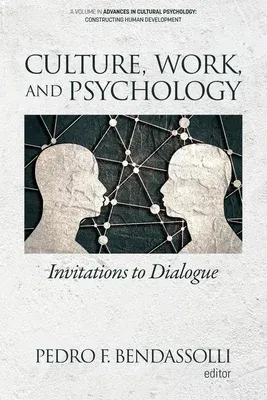This books arises from the observation that mainstream psychology,
especially work and organisational psychology (WOP), suffers from
critical limitations in its attempts to deal with the complexities of
work as a cultural phenomenon. We can only mention a few examples here.
In the WOP field, especially in Anglo-Saxon tradition, work experiences
are seen through the lenses of traditional behavioural approaches,
whereas culture is seen as a 'software of the mind', to use a popular
definition found in this field (based on cross-cultural mainstream
psychology). 'Competences', to take another example, are thought of as
something that do or do not people have inside them. Suffering, like
stress (a common work-based problem of our times), is considered to be
dependent on a person's personality, perceptions or as a set of
behaviours triggered by facing an 'objective' environment. Even
meaning-making process can be found to be defined from a WOP mainstream
point of view: meanings are 'social cognitions' shared by people by
means of unidirectional socialisation processes.
Therefore, the goal of this book is to deliver to the reader a new and
challenging theoretical and methodological tool box, inspired by
insights developed from a broad cultural psychological perspective. Its
focus is on the consideration of work and organisations based on core
concepts developed inside cultural psychology. Therefore, it is designed
to discuss potential extensions of these concepts to work psychology.


